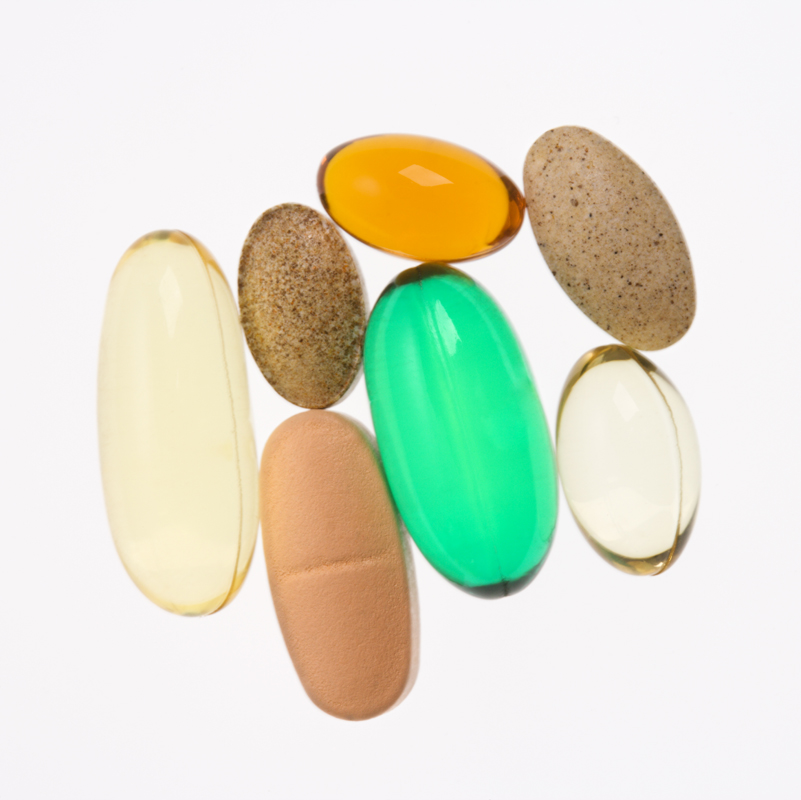Calcium carbonate. Calcium citrate. Calcium ascorbate. Did you know these supplements are each suited to different health concerns? As a clinical nutritionist I often see clients taking the wrong product for them. Have a look at how these compounds are different from each other:
Calcium carbonate: At 40 percent calcium, this compound is effective in alleviating heartburn. It’s so alkaline that it does a great job neutralizing excess acid in the stomach. However, as a bone support supplement it is a poor choice for most people because it can constipate, as acid is needed for it to dissolve. You’ll find about 650 milligrams of calcium in a single calcium carbonate tablet.
Calcium citrate: Consisting of just 21 percent calcium, calcium citrate actually is composed mainly of citric acid—which is an excellent way to ensure that the calcium dissolves in the digestive tract. Because it balances alkaline calcium with a weak acid, This compound is the most suitable choice for bone support. You’ll find at most 350 milligrams of calcium in a calcium citrate product.
Calcium ascorbate: It may surprise you to learn that this compound is NOT a calcium supplement—it’s actually a vitamin C product! Although vitamin C is actually very important for collagen synthesis within bones, it can be harsh on the digestive tract. After all, its chemical name is ascorbic ACID. For this reason, some vitamin manufacturers add a small amount of calcium to their vitamin C to create a pH-neutral product—neither acidic nor alkaline. This minimizes the risk of upset stomach or diarrhea when taking it. So why is calcium ascorbate pretty much useless as a calcium supplement? It’s because there’s usually only about 80 milligrams of calcium in a single dose of calcium ascorbate—not nearly enough to count towards the 1,000 milligram Recommended Daily Intake.
Now ask yourself which of the three compounds above suit you best. Then, make sure you are also supplementing with a multi-vitamin and mineral plus a vitamin D product to avoid deficiencies.
If you’re still not sure which products are for you, please contact me for an assessment.
